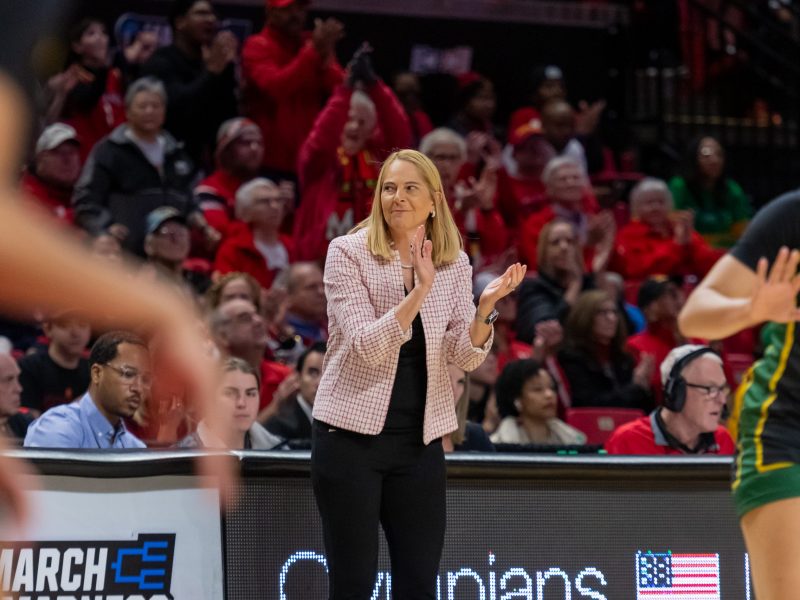Which organization should students look to for representation in on-campus housing issues: the Residence Hall Association or the Student Government Association?
Ideally, the answer to that question should be the RHA. It’s made up of student residence hall representatives and bills itself as the “voice for the on-campus population” and “the only lobbyist for residential students to the other governance boards on campus as well as the primary government for residential issues.”
The real answer to the question – at least over the past two semesters – seems to be the SGA. This space has been used this semester to question whether the SGA has become too wishy-washy on some subjects, but on housing, it’s abundantly clear the SGA has done a far better job than the RHA when it comes to advocacy. Whether defining students’ right to adequate and safe housing, holding administrators accountable for the housing crisis that continues to impact undergraduates or taking a stand against Resident Life’s self-serving priority system, the SGA has been there.
It’s important to remember that it was the SGA – not the RHA – that organized last year’s impressive and headline-grabbing Tent City protest on McKeldin Mall in response to the notice given to more than 600 rising seniors that they couldn’t depend on housing this year. That notification, which came late in the school year with almost no warning, should have been a signature advocacy issue for the RHA. Instead, it was completely squandered on fruitless forums where angry students showed up to voice their astonishment that Resident Life and administrators had been so short-sighted. Those students got little more than blank stares and empty rhetoric from their student representatives. In fact, the RHA didn’t even bother to go on record to support increased student housing until more than six months after the tents on the mall had come down.
It was clear during the forums in the spring that the RHA preferred to engage in what they called “working with” Resident Life to further their stated goal of advocacy. In fact, RHA leaders at times appeared to distance themselves from the word advocacy, seeming to fear the use of the word would imply working against Resident Life. In fact, Resident Life administrators even heaped praise on RHA leaders for their “working with us” approach.
To be clear, we’re not pushing for a bickering, gridlocked RHA that diminishes its credibility by appearing to be anti-Resident Life. The two certainly need to work together to accomplish what’s best for students, but RHA President Sumner Handy has been completely ineffective in drawing a line between his own ideas and those of Resident Life Director Deb Grandner. It comes off as a reluctance to speak out against the department, and it’s a disservice to his constituents.
Finally, a line got drawn this week. As this semester’s big housing question of whether current juniors looking to live on the campus next year should be able to be pulled in to South Campus Commons and University Courtyards by friends with lower lottery numbers came up, the SGA and RHA each stepped in, and the results were predictable: In the RHA, the vote was close, but the representatives accepted the Resident Life plan, which bars juniors from being pulled into those suites. The SGA vote was far more decisive in rejecting Grandner’s position.
While it’s important to note that Grandner still has the power to have final say on this plan because the RHA and SGA serve only advisory roles on university policy, it’s clear to us that the plan is aimed solely at making the work of Resident Life officials easier. Alternative options should have been suggested. The RHA could have even come up with some of them.
Then again, if Grandner’s plan is implemented as expected, the constituency the RHA failed to advocate for will be eliminated. It looks as though Resident Life won’t be the only ones whose jobs will get easier.


